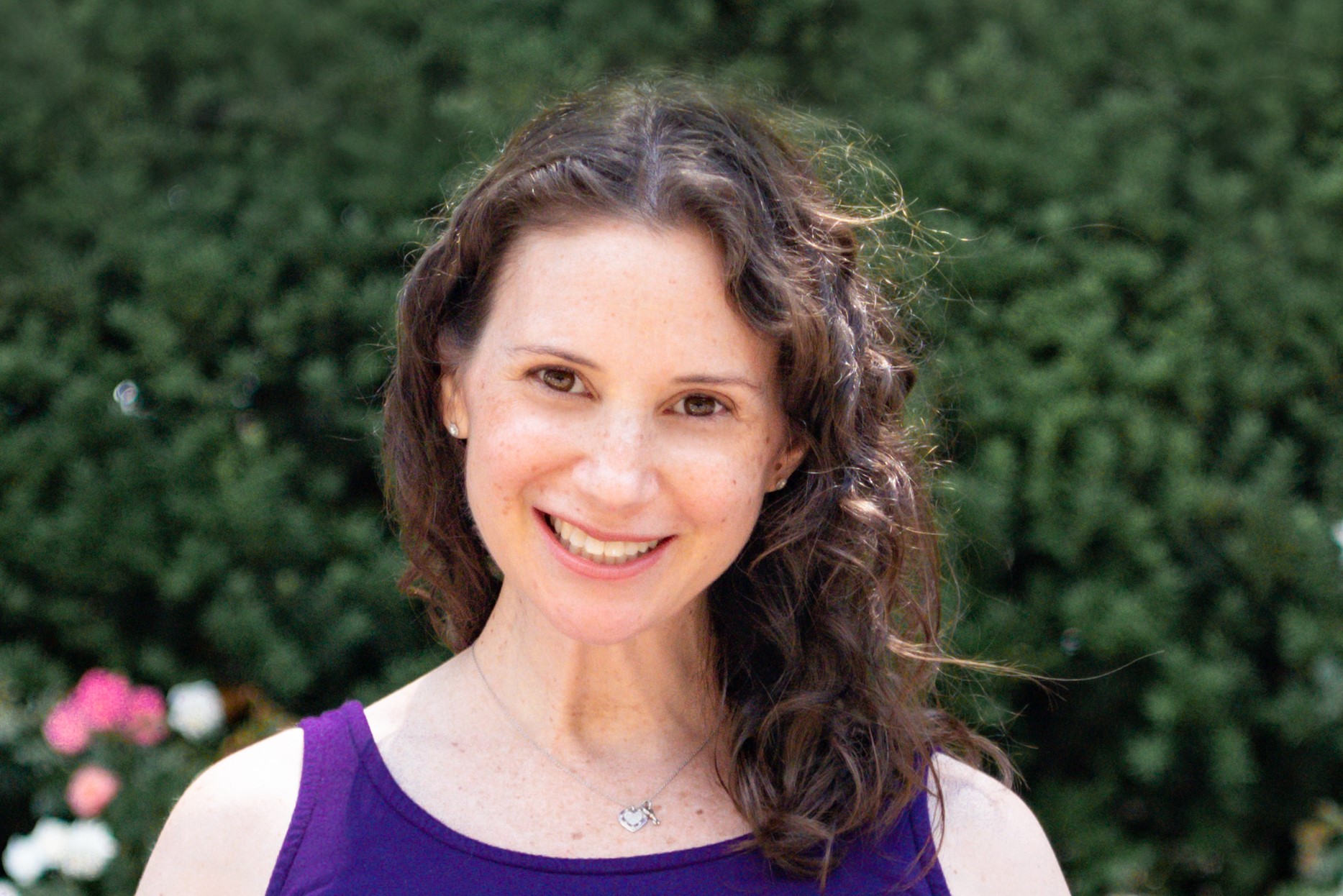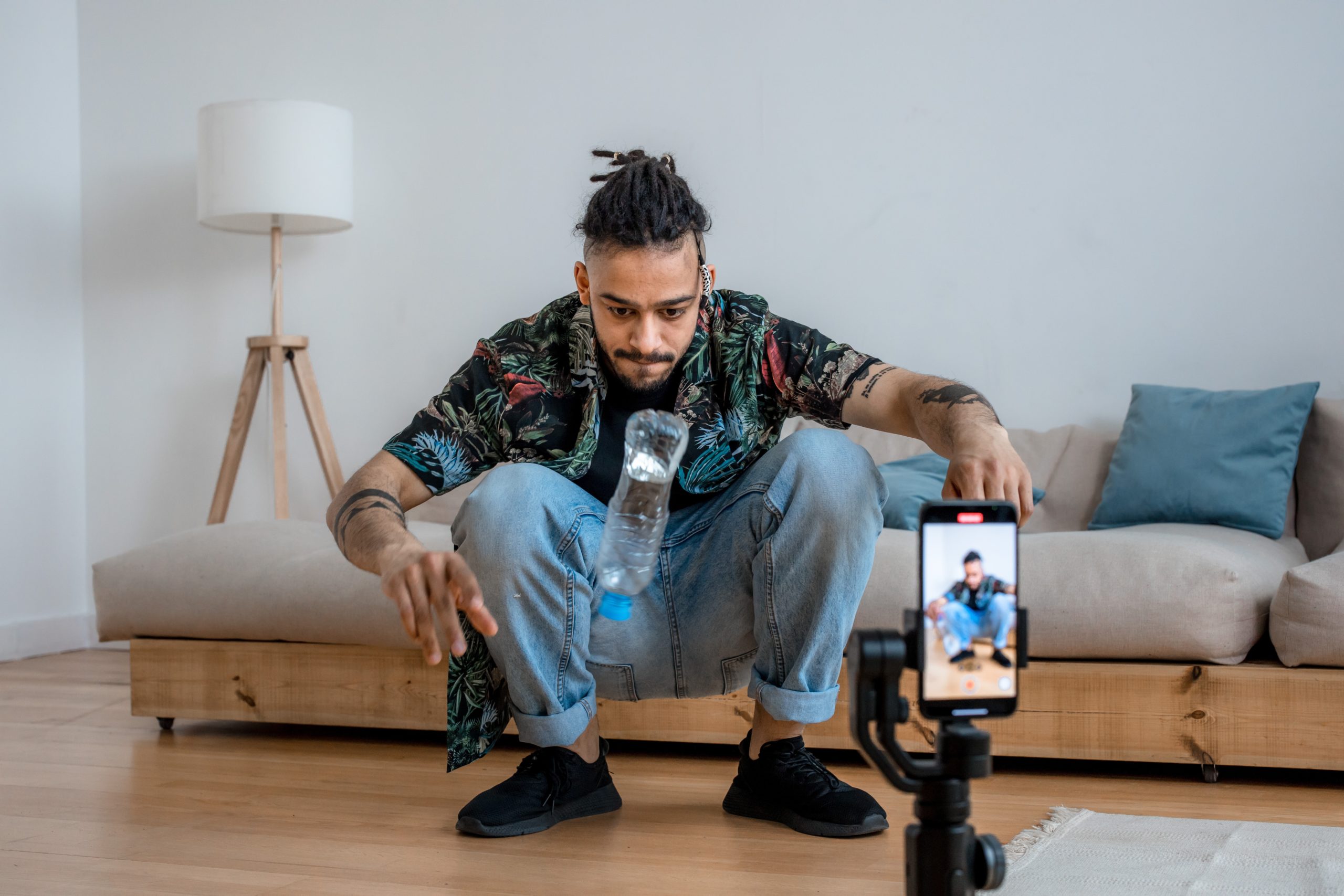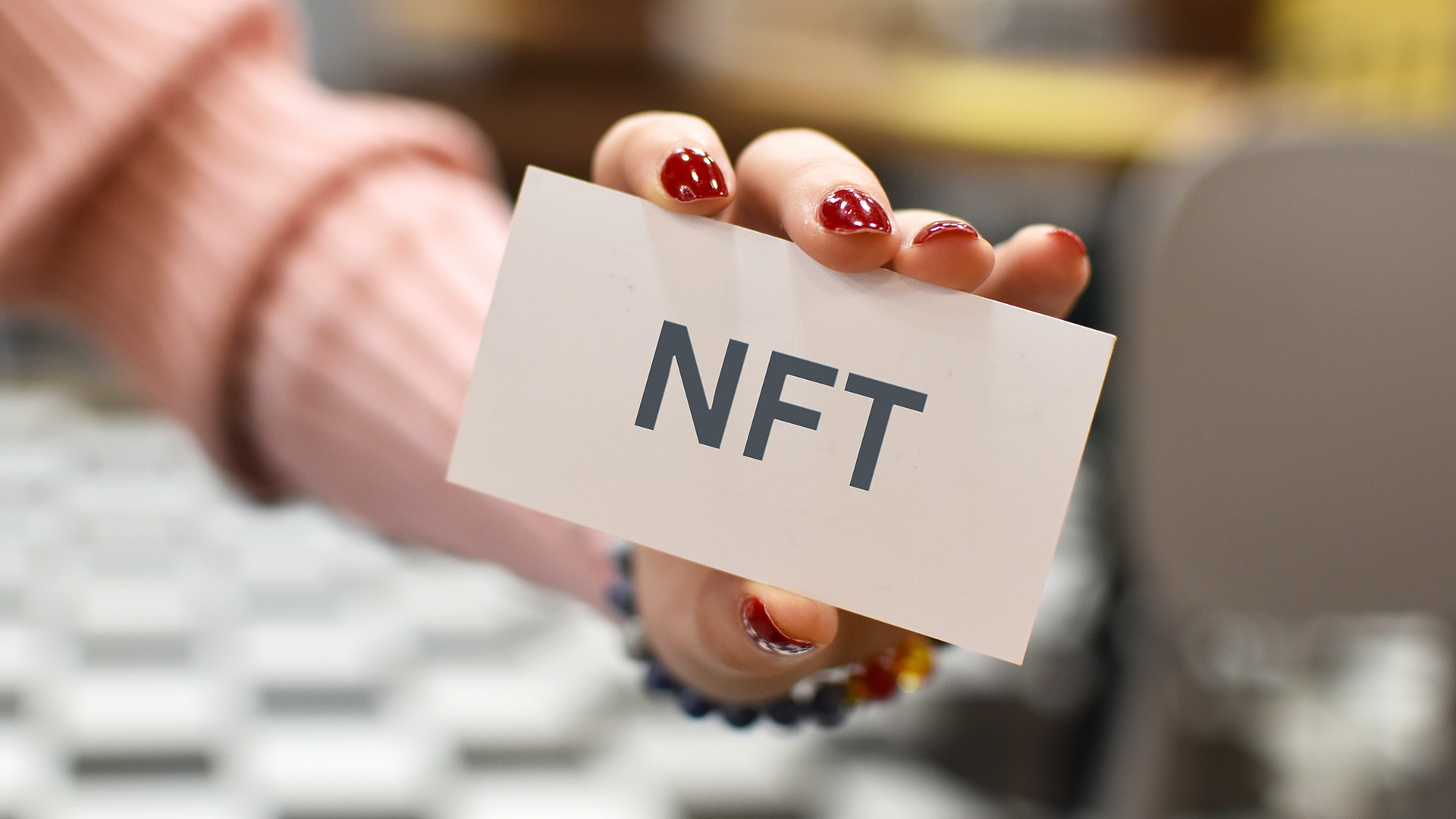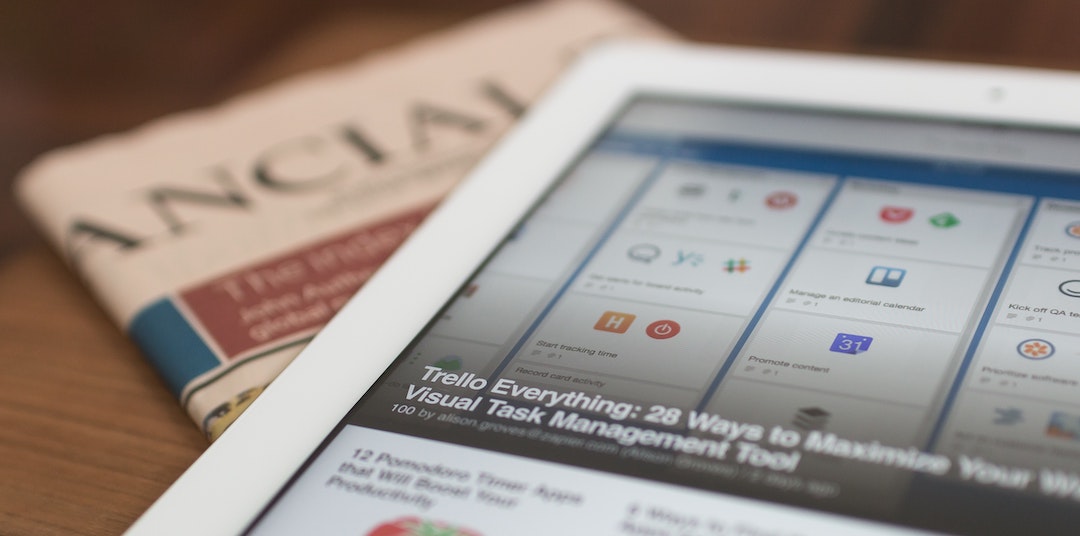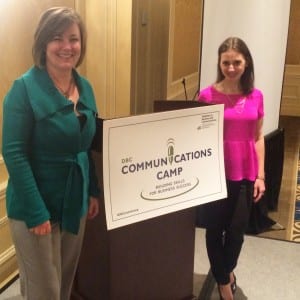 Rather than take notes at conferences, I prefer to tweet what I’m learning in real-time. I put this approach into practice when I recently attended the Dietitians in Business and Communications (DBC) Communications Camp in Lake Las Vegas, NV. DBC is a practice group within the Academy of Nutrition and Dietetics that I have been involved in for over fourteen years, initially helping fill the gaps in my dietetics training with the blend of nutrition communications skills I so craved to help get my foot into the door as an RD in PR and now as a PR professional, allowing me the opportunity to give back to the nutrition community.
Rather than take notes at conferences, I prefer to tweet what I’m learning in real-time. I put this approach into practice when I recently attended the Dietitians in Business and Communications (DBC) Communications Camp in Lake Las Vegas, NV. DBC is a practice group within the Academy of Nutrition and Dietetics that I have been involved in for over fourteen years, initially helping fill the gaps in my dietetics training with the blend of nutrition communications skills I so craved to help get my foot into the door as an RD in PR and now as a PR professional, allowing me the opportunity to give back to the nutrition community.
While most PR pros that work in food and nutrition communications don’t have formal training in either subject, DBC members have training in both but typically not in communications. The aim of the conference was to help bridge this gap and build these skills for business success, whether participants are interested in a role at an agency, in-house, or hoping to grow their own brand.
Here are six of my key learnings from the DBC Communications Camp, each in 140 characters or less. As you’ll see, most insights are not only relevant to food and nutrition communicators but to all PR practitioners:
1. Your Social IQ will help advance your career more than your education, experience and industry knowledge #DBCCommCamp
Paula Lawrence, Master Etiquette Expert, discussed how factors like your posture and purse size can influence how others perceive and receive you. But the biggest takeaway from this session for me was being reminded of the importance of networking and building relationships both as an RD and a PR Pro.
2. Every bit of PR that dietitians do is a PR campaign for the whole profession. Get out there, be visible, be vocal. #DBCCommCamp
I encourage all PR Pros working in food and nutrition communications to evaluate partnering with RDs/RDNs whenever possible to ensure you are aligning yourself with a credentialed nutrition professional.
3. When a company or PR agency hires an RD they are also getting entire nutrition community supporting that RD says @nicki_briggs #DBCCommCamp
RD’s are resources to each other, sharing information to keep each other up-to-date on the latest in science and health. We are advocates for each other, making referrals and introductions to expand professional networks. This tweet sums up why I love my profession and am so grateful that Ketchum values my expertise and that of my 6 RD colleagues.
4. FTC very clear that 140 characters is no excuse not to disclose explains @ReganJonesRD. Must always be transparent #DBCCommCamp
While PR Pros are very familiar with the disclosure guidelines, many RDs are not. The focus of this session, “The Business & Ethics Behind Communicating Corporate Ties,” was to review FTC regulations around disclosure and share best practices for the nutrition community. These best practices can be applied to our own work and should be reinforced. For example, RDs were advised to include #ad in paid posts, #sponsored if working with the company, #sponsoredtravel when they are attending an educational activity, and #client for a relationship.
5. When study results are sensationalized for a headline & media calls you for comment, start w methodology to prep for interview #DBCCommCamp
In today’s real time news cycle, where now anyone can be a journalist with a mobile device in hand, new scientific studies are published, and are covered, with varying degrees of accuracy by the media. News headlines (and tweets) are often a single study with a positive association. While it may read as a definitive causation, it never is, often leading to consumer confusion about food, nutrition and health.
6. RT @mlatinskyRD: Wrapping up #DBCCommCamp on a high note! Kim Essex and @JaimeSchwartzRD encouraging RDs to embrace our voices & be heard in food conversations.
I was honored to present the closing keynote session with my colleague Kim about a topic that is really at the intersection of my PR and RD worlds. Ketchum has coined “Food e-Vangelists” to describe consumer influencers who are passionate and vocal about food. Kim and I discussed an approach for cutting through the clutter to be heard in today’s food conversations and provided guidance on how to develop messages and content that will resonate. We also addressed how to have productive and meaningful conversations with consumers as well as with health professional colleagues who may be vocal about having differing views. While Ketchum’s Food 2020 research about the “Food e-Vangelist” has been presented food industry-wide, this is the first time it has been presented to the nutrition community.
To learn more about what was covered at this conference, follow @DBCDPG.
